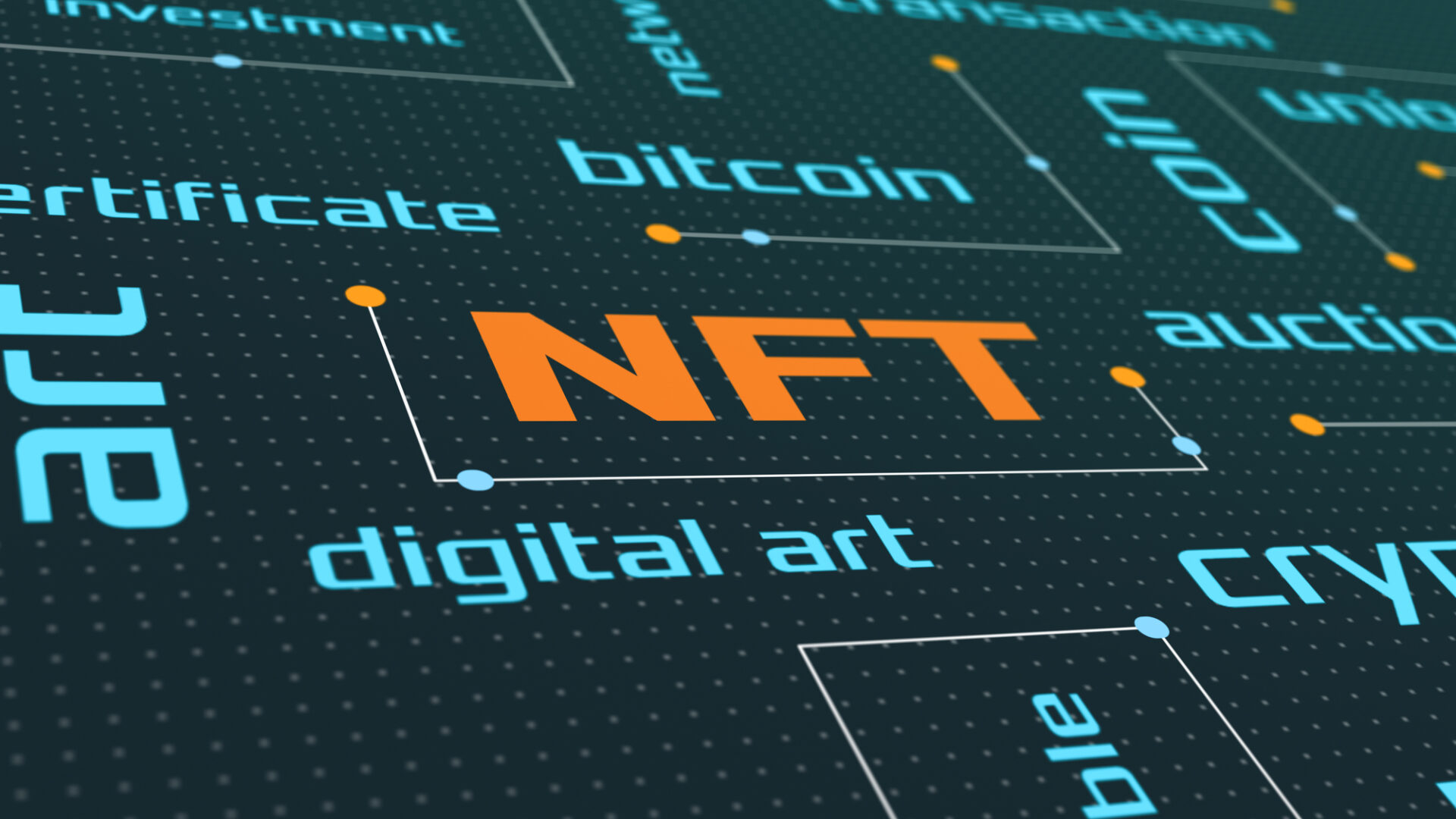The NFT space has been rolling with controversy in the past few weeks over the fairness and sustainability of NFT royalties—a surcharge that is stirring arguments between NFT collectors and creators about whether they are justified.
Will NFT royalties completely meet their maker and their maker’s wallet in the following years?
NFT technology came into prominence in 2021, installing massive hope in artists whose intellectual property and income rights have been minimized by twenty years of Web2 growth that noticed massive profits for centralized tech giants but paltry returns for content creators.
That’s a problem that’s still relevant this 2022, as the current Spotify controversy on low pay for artists shows.
Born under Web3’s ethos of decentralization and fair remuneration free from bloated intermediaries, NFTs have provided their creators an extra piece of the sales pie, offering them the capability to gain long-term income not just from NFT IP and mints but from perpetual royalties from secondary sales.
Nonetheless, a brutal crypto winter has taken its toll on decimated floor prices and markets. With less money to go around, a new generation of profit-first NFT marketplaces is looking to do away with such royalties to gain more sales from collectors, and NFT artists are talking out against it.
That’s a complex concern to pick a side on, as both buyers and creators have compelling debates about why they must get more value from a purchased NFT they invested time, money, or effort into. Let’s take a more detailed look at NFT royalties as well as the supporting and opposing perspectives surrounding them.
Are NFT royalties enforceable?
It is a typical misconception that smart contracts translate enforceable royalty payments, but that’s not the case. In reality, it is up to the marketplaces to honor to royalty rations stated by creators.
Suppose NFT royalties keep in place can become a non-negotiable problem for NFT project founders who depend on that income to fund further a non-negotiable issue NFT project founders who depend on that income to fund further community building and promotion.
Which Marketplaces Honor These NFT Royalties?
Many of the major marketplaces, such as Art Blocks, Nifty Gateway, Foundation, Mintable, SuperRare, LooksRare, Rarible, and OpenSea, have been eager to honor NFT royalties. For instance, OpenSea charged 2.5 percent commission and2.5 percent royalty fees per transaction.
Nonetheless, it is possible to make an agreement that bypasses one of such sites and sell an NFT without royalty payment. One would gift the NFT and then get crypto in return through outside wallet addresses.
Markets are subject to demand to stay profitable, and with massive drops in NFT demand and prices. It’s plausible that reducing or cutting NFT royalties could be open for discussion for some struggling NFT marketplaces, not just to stay lucrative but also to make sure their customers do not move over to an increasing new batch of competitor platforms that do not provide royalties.
It is a Catch-22 scenario for the NFT marketplaces: do they actually serve the interests of their product providers like NFT creators or their customers?
NFT Creators Speaking Out in Support of NFT Royalties
The response from the massive creator community has been hugely one of the frustrations with the concept that royalties are no longer a given. Many are hesitant to cede any ground in the argument with the Web3 ethos of empowering creators at the core of why a lot of folks have migrated into the realm.
For instance, prominent NFT artist Claire Silver tweeted that the royalties are a wider statement that they value creatives. She also added that they are not there to recreate the old systems.
Other creators pointed out that when royalties were to vanish, one obvious impact would be higher mint prices that have been in decline for quite some time and serve as a fence to mainstream adoption. The low cost of mining is another way why Solar NFT platforms such as Magic Eden have blasted in growth lately, while sales volume has substantially weakened on Ethereum-based ones, where users need to deal not just with high prices but exponentially costly gas costs.
Overall, the concern around NFT royalties is a challenging one and will not be solved any time soon. Eventually, the market will decide. It is also possible that particular premium projects continue to charge royalties while the lesser projects do not. More of it has to do with the demand.
What’s clear is that NFT creators must pursue the creation of extra revenue development and streams of a strong and loyal community who are invested in the success of the collection.
ChesWorkShop commits to presenting fair and reliable information on subjects including cryptocurrency, finance, trading, and stocks. However, we do not have the capacity to offer financial guidance, advocating instead for users to conduct their own diligent research.

